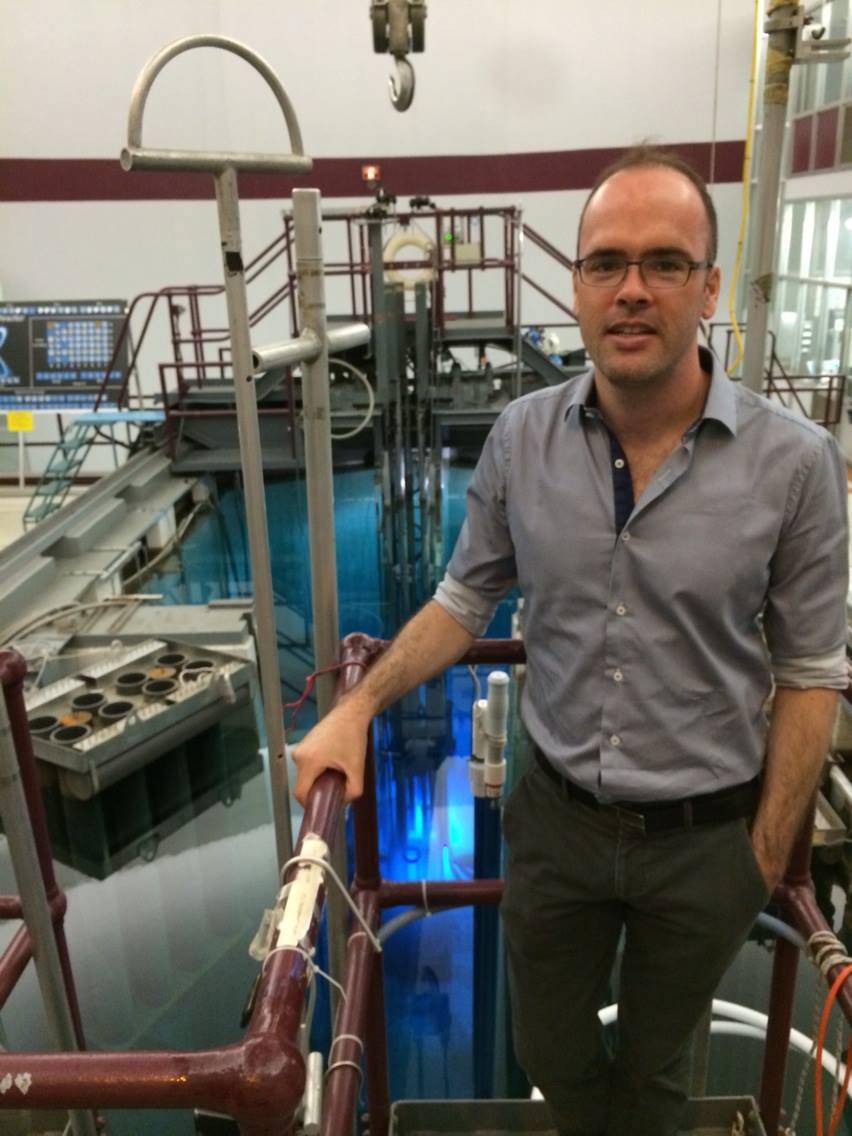John Kildea, PhD, MCCPM

Medical Physicist
McGill University Health Centre
Assistant Professor
Department of Oncology,
McGill University
Associate member
Medical Physics Unit, McGill University
Department of Physics, McGill University
Department of Biomedical Engineering, McGill University
Medical Physics Unit
Cedars Cancer Centre, DS1.7141
1001 boul Décarie
Montréal, Québec
H4A 3J1
Canada
john.kildea at mcgill.ca
514 934-1934 ex 44154
Quick Links
- Research
- Teaching
- Notable software projects
- Opal (Oncology patient application)
- Depdocs (Documentation sharing and management for healthcare institutions)
- SaILS (Safety and Incident Learning System)
- Conferences
| Home |
Clinical |
Research |
Teaching |
Administration/Outreach |
John Kildea's Medical Physics
Research Interests
For a list of my research papers, please
see my Google
scholar profile. |
| My research statement can be found here. |
My research may be divided into three axes:
Research Axis 1: Patient-Centered Health Informatics - translational research
Objectives:
(a) Improve the experiences and outcomes of patients,
(b) Develop SmartCare - Use patient-centered data and mHealth technologies for remote care and artificial intelligence research.
(c) Implement a framework for blockchain-based data donation for real-world evidence research
Opal is the flagship project of my patient-centered health informatics research.
Research Axis 2: ROKS (Radiation Oncology Knowledge Sharing) - translational research
Objectives:
(a) develop knowledge-based and evidence-based radiotherapy treatments,Ongoing funded research projects include:
(b) use data to improve the experience and outcomes of radiation oncology patients.
1. A study to improve prostate cancer radiotherapy by searching for a correlation between the actual dose delivered during radiotherapy and patient-reported outcomes (as opposed to planned dose and physician-reported outcomes),
2. A study to combine radiomics applied to CT images and NLP applied to clinical notes to predict pain in patients with bone metastasis,
3. Development of incident reporting software for radiotherapy incorporating semi-automated classification using NLP, and
4. Match patients using AI techniques for the purpose of sharing experience in the form of peer support using the Opal patient portal and for the development of synthetic data for virtual treatment (digital twins).
Research Axis 3: NICE (Neutron-Induced Carcinogenic Effects) - fundamental research
Objective:
To study the production and radio-biological effects of unwanted secondary neutrons in radiotherapy.
This research incorporates radiation detection, Monte Carlo modelling and radio-biology. It is underpinned by a research collaboration between McGill University, Canadian Nuclear Laboratories, the Canadian Nuclear Safety Commission and Detec Inc.
Astrophysics Research

VERITAS telescope array in Southern Arizona